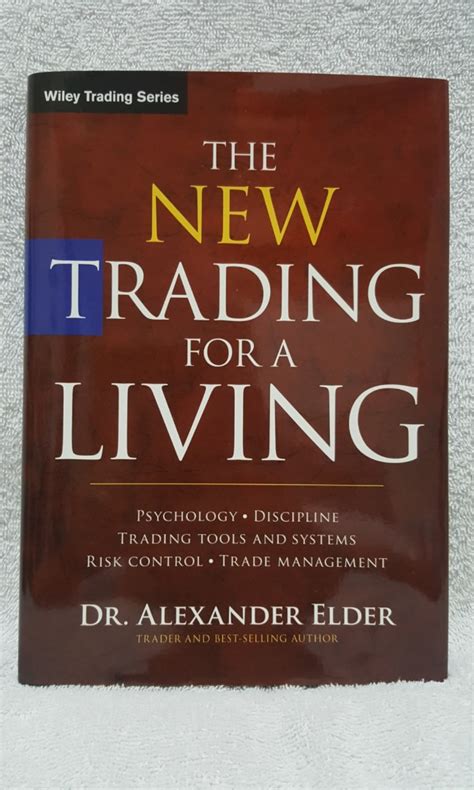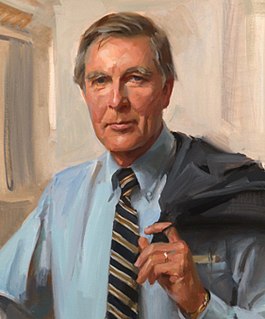Top 1200 Money Management Quotes & Sayings - Page 3
Explore popular Money Management quotes.
Last updated on December 22, 2024.
For mines are for men, not for money. And money is not something to go mad about, and throw your hat into the air for. Money is for food and clothes and comfort, and a visit to the pictures. Money is to make happy the lives of children. Money is for security, and for dreams, and for hopes, and for purposes. Money is for buying the fruits of the earth, of the land where you were born.
The smart people who are straight are involved in simply the media management of what has turned into a slow apocalypse, spreading starvation, exacerbated class differences, toxified agriculture, so forth and so on. I don't believe the Establishment thinks there are solutions. Their policy is basically the management of panic, which is hardly a forward moving approach to the adventure of human civilization.
Is money money or isn't money money. Everybody who earns
it and spends it every day in order to live knows
that money is money, anybody who votes it to be
gathered in as taxes knows money is not money. That
is what makes everybody go crazy.... When you earn
money and spend money every day anybody can know the
difference between a million and three. But when you
vote money away there really is not any difference
between a million and three.
I am certain that Gadi Lesin's abilities and the experience he accumulated during his sixteen years in a variety of general management roles in Strauss Group in and outside of Israel will enable him, together with group management and all managers and employees of Strauss, to continue to take the group forward to further success.
It's not a question of arriving and putting in a whole new administration, but instead, arriving and "compacting" things as much as possible, reducing management layers. We want as few management layers as possible, so that executives are very close to the operations. We also don't believe in having big corporate infrastructures.
You can’t mandate [cultural change], can’t engineer it. What you can do is create the conditions for transformation. You can provide incentives. You can define the marketplace realities and goals. But then you have to trust. In fact, in the end, management doesn’t change culture. Management invites the workforce itself to change the culture.
In the UK what we've found is that even businesses which prided themselves already on their efficient management find that a really beady-eyed scrutiny of their resource management, with an eye to environmental best-practice and long term sustainability, produce fresh efficiency and fresh savings that actually shock those in the company
One thing is to know how to do things and another is to make it simple and accessible to others. This is the challenge for the big players when they go into management. To do that, you have to learn and study very hard. I have read football management books, analysed myself and the way other people learn and understand things.
In investment management today, everybody wants not only to win, but to have a yearly outcome path that never diverges very much from a standard path except on the upside. Well, that is a very artificial, crazy construct. That's the equivalent in investment management to the custom of binding the feet of Chinese women
So some guy may know how to make money in cocoa beans, but I don't so I just let him have that. But it's got to be something I understand. It's got to be a business with fundamentally good economics. It's got to be a management that I like and trust and admire. And it's got to be a price that makes sense.
The central problem of management is how spontaneous interaction of people within a firm, each possessing only bits of knowledge, can bring about the competitive success that could only be achieved by the deliberate direction of a senior management that possesses the combined knowledge of all employees and contractors
We have overwhelming evidence that available information plus analysis does not lead to knowledge. The management science team can properly analyse a situation and present recommendations to the manager, but no change occurs. The situation is so familiar to those of us who try to practice management science that I hardly need to describe the cases.
I think stupidity in business is really an interesting thing. What winds up happening is a disconnect between your company's strategic management and then your more applied on-the-street management. I guarantee with you that the board of directors of most companies has no idea what the costs of hiring people really is in the HR department.
My mom worked at McDonald's, and she decided she wanted to make more money, so she got into the management program at McDonald's. And that's how you move up the chain. It's not by demanding that minimum wage is raised; it's by actually acquiring the skills. That's the way that people get ahead in life.
Most of the time, your risk management works. With a systemic event such as the recent shocks following the collapse of Lehman Brothers, obviously the risk-management system of any one bank appears, after the fact, to be incomplete. We ended up where banks couldn't liquidate their risk, and the system tended to freeze up.
Many respected economists and statesmen believe our national debt is neither unwieldy nor a dangerous burden on the country. The trouble is that a vast majority of the American people think otherwise.... It violates basic American ideas of thrift and money management. These strong public feelings cannot be ignored forever.
Family business management is a discipline that has evolved from an art into a science. The market for this line of education has been created by the growing recognition of family-run companies that shareholders are demanding greater clarity on issues ranging from succession to the management of wealth and the distribution of profits.
Money is a great isolator. In fact, we don't even need to have money or make money, we only need to be perceived as having money to be isolated in the strangest ways from most of the community around us. It reaches the point where a person with money spends a great deal of time reacting to people who are reacting to the money.
TARP is funded by taxpayers, so there are many rules about how that money can and can't be used. The result: GM spends an awful lot of time checking in with the people who administer TARP over everything from hiring to executive compensation and management. For a global company, that adds up to a lot of distraction.
The one thing I will say is management is management. Culture is culture. You have to have a formula for those things. You have to believe in what you do and how you do it, but then you go to different environments and you have to be willing to adapt. You have to be willing to tweak things based on where you are.
If I come in, and you're an employer, and I say, 'Well, I was a sniper in the Marine Corps. Do you have any sniper positions open?' 'No.' But if I told you that I was good at communication, good at leadership under stressful environments, team management, personnel management, leadership, being prompt, are stuff that I can bring to the table.
EMA research evidences strong and growing interest in leveraging log data across multiple infrastructure planning and operations management use cases. But to fully realize the potential complementary value of unstructured log data, it must be aligned and integrated with structured management data, and manual analysis must be replaced with automated approaches. By combining the RapidEngines capabilities with its existing solution, SevOne will be the first to truly integrate log data into an enterprise-class, carrier-grade performance management system.
Talent acquisition, knowledge transfer, generational diversity, and retention will continue to be serious concerns. I think the golden thread is equipping management to work with Millennials. Let's face it. We are going to see organizations needing to replace 40% to 60% of their workforce. Management has never been more important!
Don't be too much concerned about money, because that is the greatest distraction against happiness. And the irony of ironies is that people think they will be happy when they have money. Money has nothing to do with happiness. If you are happy and you have money, you can use it for happiness. If you are unhappy and you have money, you will use that money for more unhappiness. Because money is simply a neutral force.

























































